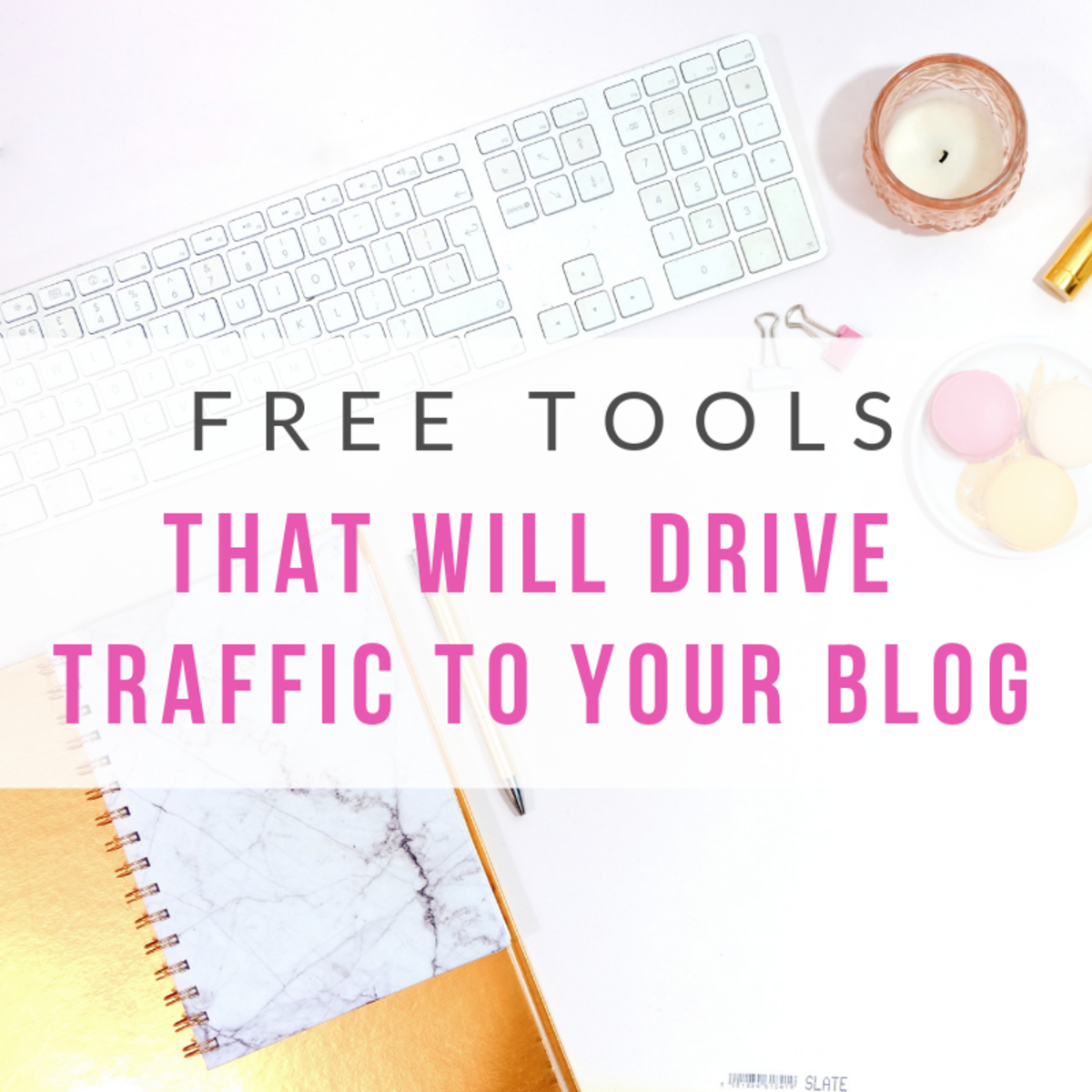Search Engine Optimization Marketing: Is It Really Necessary to Use Tags & Meta Tags Anymore?
Search Engine Optimization Marketing: Why Tags & Meta Tags Are Still Important
Search engine optimization marketing consists of hundreds of things that you can do to increase traffic to your site. However, who has this type of time. Like any kind of successful marketing, this type of internet marketing can be boiled down to doing the basics consistently. And, exactly what are those? Following is one – tags/meta tags -- that every page on your website or blog should contain from an SEO standpoint. If you get in the habit of inserting tags and meta tags on every page of your site/blog, you will see a steady increase of traffic and sales.
Website SEO: Why You Should Treat Each Page as Its Own Website
Before we explain the importance of using tags/meta tags on your site, let’s first take a step back and examine how to look at your website – at least in terms of SEO optimization.
Most webmasters treat their site as an entity in and of itself. And it is. But much like a car, search engine optimization marketing only works as well as the various parts that it’s made up of. That’s why you need to, for example, get your oil changed, get your tires rotated and get a tune up regularly. In short, if you take care of the individual parts of the car, it runs smoothly all the time.
The same applies to search engine optimization marketing. In this case, each part is every page of your website. Each page of your website/blog should be treated as its own separate minisite. And for each page, you should have tags/meta tags
Website SEO: Tags/Meta Tags – Why SEO Consultants May Disagree about Their Usefulness
Whether you use an advanced platform like Wordpress, or an older one like .htm pages, every page of your site should have tags and/or meta tags. Now, some SEO consultants may disagree, saying these are not as important as other things like keywords. But, I totally disagree. Why?
BECAUSE tags and meta tags give search engines information about what a given page on a site/blog is all about. To me, it’s akin to giving them a synopsis; a snapshot of ever page. This helps them to categorize a given page better, which means it’s easier for web surfers to find. This means more site/blog visitors, which usually means more sales.
See why they’re important? And, I'm not the only one who feels this way about meta tags. Learn why many SEO consultants still see meta tags as a very important part of search engine optimization marketing.
Even if properly tagging each page on your site only accounts for 2, 3 or 4 percent more traffic, would you turn that down? Especially if you only spent a few minutes putting these tags in once – and never have to touch them again? You’d be crazy not to, in my opinion.
Search engine optimization marketing is very competitive – and getting more so by the day.
Web Marketing & Search Engine Optimization: How Many Tags/Meta Tags to Use on Each Page
This is a hard question to answer -- and experts vary widely. But, in my opinion, I say anywhere from 5 to 20, depending on how long a page is and how many highly targeted, relevant searches each tag (keyword) produces.
My philosophy is, having more can't hurt; but, having less may be leaving some potential traffic on the table. Hence, I tend to go with more over fewer.
Fact: Did you know that internet marketing experts estimate that an astounding 100,000 new sites/blogs go live on the web every day? Yes, every day!
When looked at in this light, it’s easy to see why every little increase traffic and sales count. So take the time to add tags and meta tags to your site. Again, in my opinion, they are a vital part of search engine optimization marketing.
Learn more about what a meta tag is – and why they are still an important part of your search engine optimization marketing efforts.
Meta Tags & Tag Clouds









